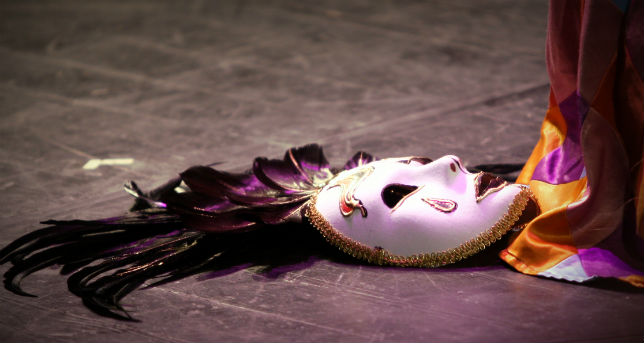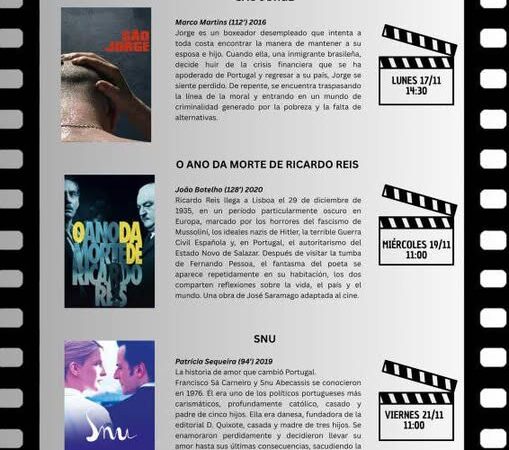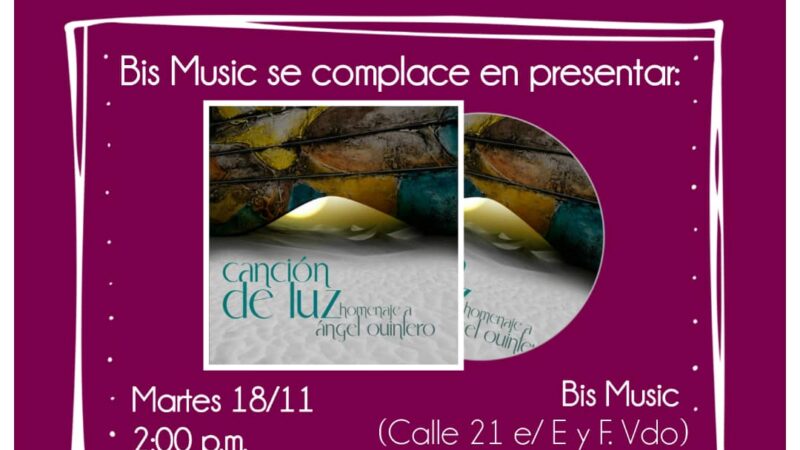A Global Date with Theater

Every March 27, since 1961, the world celebrates International Theater Day. This annual event honors the spectrum of emotions, reflections, and perspectives embodied in theatrical expression, as well as the dedication of professionals, technicians, and actors whose work keeps this art form alive. Theater, deeply rooted in the very essence of human nature, remains a powerful tool for collective analysis and the exploration of diverse subjectivities.
The inaugural International Theater Day message was delivered in 1962 by renowned French director and actor Jean Cocteau. A distinguished member of the French Academy and an honorary member of the National Institute of Arts and Letters in New York, Cocteau highlighted theater’s vital role as a vehicle for ideas and emotions—enriching the human spirit, fostering coexistence, and promoting shared values.
Since then, each year, a prominent figure in the theater world has been invited to deliver this message, continuing a tradition that, beyond its recurring themes of peace and fraternity, serves as a yearly reminder of the transformative power of the arts in shaping individuals and societies. To mark the occasion, the international theater community organizes a variety of national and global events, with the official message being entrusted to a distinguished cultural figure chosen by the International Theater Institute (ITI).
This year, the honor went to acclaimed director Theodoros Terzopoulos, a member of the International Committee of Theater Olympics and the founder and artistic director of Attis Theater Company. Terzopoulos is widely recognized for revolutionizing the staging of ancient Greek tragedies and for developing a unique acting methodology based on a rigorous sequence of physical and vocal exercises that form the foundation of actor training.
In his message, Terzopoulos emphasized the necessity of theater as an integral part of human sensitivity—especially in today’s world, which, as he describes, is dominated by a robotic existence within a totalitarian system of control and repression. He pointed to environmental devastation, global warming, mass biodiversity loss, ocean pollution, melting ice caps, and rampant wildfires as critical challenges that make it increasingly difficult for theater to penetrate public consciousness.
He also addressed the erosion of human relationships, the role of communication—and its misuse—and theater’s potential as a vital space for coexistence amid growing divisions:
“Let us gaze into the eyes of Dionysus, the enigmatic god of theater and the Myth that bridges past, present, and future. Born twice—by Zeus and Semele—Dionysus embodies fluid identities, male and female, wrath and kindness, divinity and beast, teetering between madness and reason, order and chaos, balancing on the thin line between life and death. He poses a fundamental ontological question: ‘What is the meaning of all this?’—a question that compels creators to delve deeper into the roots of myth and the multifaceted enigma of human existence.
“We must cultivate new narrative forms to preserve memory and forge a new moral and political responsibility—one that allows us to emerge from the multifaceted tyrannies of today’s medieval age,” Terzopoulos declared.
In its official statement, the ITI announced that this year’s International Theater Day celebrations will take place in Rio de Janeiro, Brazil, with commemorative events scheduled from March 27 to 30.
Photo: Cubahora
Translated by Luis E. Amador Dominguez



